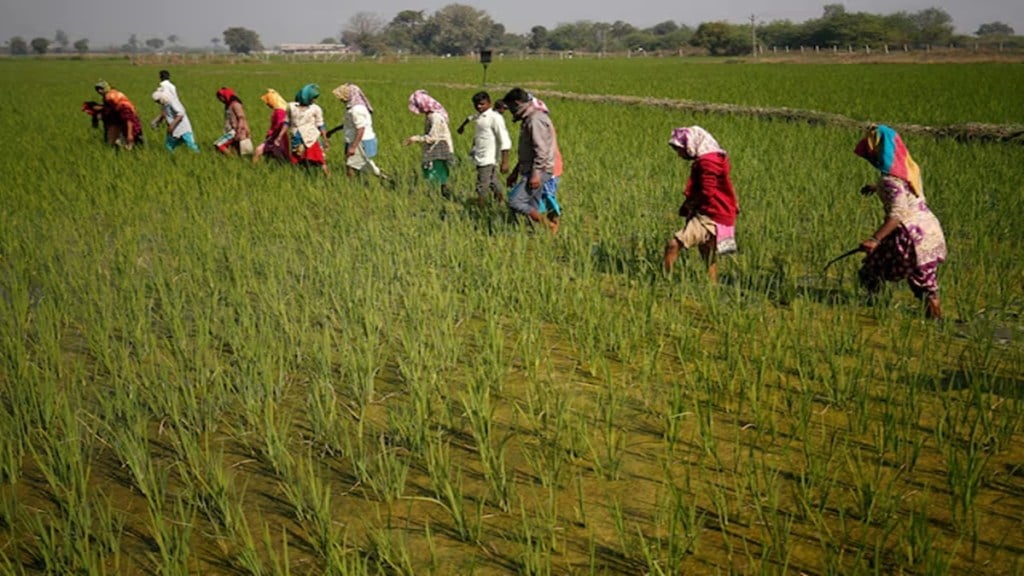While negotiating a trade deal with the US, India should offer tariff rate quota (TRQ) at pre-negotiated prices for agricultural commodities especially maize, soybean and dairy products, experts said. These concessions would not hurt the interests of domestic smallholders farmers, they said.
TRQs with floor price safeguards recommended
“TRQ for non-genetically modified crops should not exceed 2-3% of domestic consumption and the imports must not be below a negotiated floor price,” an expert in international trade policy, told FE.
Agricultural economists have stated the government must focus on increasing investment towards research and development in boosting productivity of agricultural crops for making farmers competitive in the global market while not allowing imports of genetically modified (GM) crops.
“The priority for us should be to make Indian agricultural produce competitive to compete in international markets by investing in agri research and development. If we don’t do that, no trade agreement will help farmers including the UK, EU or the USA etc,” Ajay Vir Jhakar, chairman, Bharat Krishak Samaj, said.
Balanced concessions key to easing tensions
Experts have stated that the issue of allowing GM crops imports of the US, especially soybean meal maize should be based on science, not on ideological positions.
“Tariffs rate quotas may be the best way to proceed and we need to reduce our import duties on agri-products, which are high,” Ashok Gulati, agricultural economist, said.
Stating that India has a positive trade balance in agriculture with the US and any trade deal has to ensure that negotiations are fair and balanced, Arpita Mukherjee, professor at Icrier said, “it will not be very difficult for India to reduce tariff with a tariff rate quota in many farm products for the US if we get zero tariff advantage for our exports.”
Out of the total agricultural products exports of $ 5 billion to the US, the shipment of shrimp and rice, which have a share of 60% in the export basket, are likely to be impacted by the 25% tariff imposed. India’s imports of agriculture products annually is around $ 1.5 billion.
“With the proposed increase in tariff by the US, along with additional financial penalties, countervailing duty of 5.77% imposed last year and the existing anti-dumping duties, India will be one of the highest taxed major shrimp exporters in the US market,” Rahul Guha, senior director, Crisil Ratings, said.
India had taken “firm positions” against offering any import duty cuts to the US for key farm products. Tariff cuts for maize, soybean, skimmed milk powder (SMP) and poultry products were demanded by the US under the proposed trade deal.
T Nanda Kumar, former secretary, ministry of agriculture, stated “we need to be patient, weigh all options before we say anything officially. We also need to look at R & D in key sectors like agriculture with renewed commitment and focus,”.
